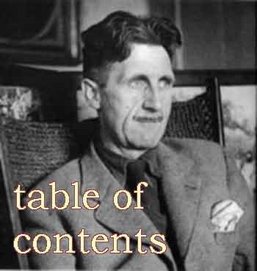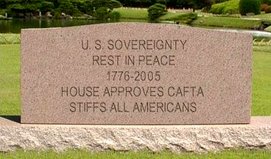Many paleoconservatives also identify themselves as "classical conservatives" and trace their philosophy to the Old Right Republicans of the interwar period who successfully kept America out of the League of Nations, cut down non-European immigration in 1924 and stood opposed to Franklin Roosevelt's New Deal proposals.
Paleoconservatives are most easily distinguishable from other conservatives in their emphatic opposition to illegal immigration, their strong opposition to affirmative action, and their general disapproval of U.S. intervention overseas (These issues do not exhaust the paleoconservative philosophy but merely represent distinctive stands that Paleocons take on hotly contested issues.) Many neoconservatives, by contrast, are more consensus-oriented on the issues of illegal immigration and affirmative action and support a more activist internationalist foreign policy.
Paleos are often concerned with the culture-eroding effects of popular culture and some reject free trade ideology especially when it leads to an acceptance of the deterioration of America's industrial base and the promotion of mass immigration. Some Paleos are sympathetic to the Producerist orientation, though others support laissez-faire free-market policies articulated by classical liberals such as Frederic Bastiat in the nineteenth-century.
Subscribe to:
Post Comments (Atom)







No comments:
Post a Comment